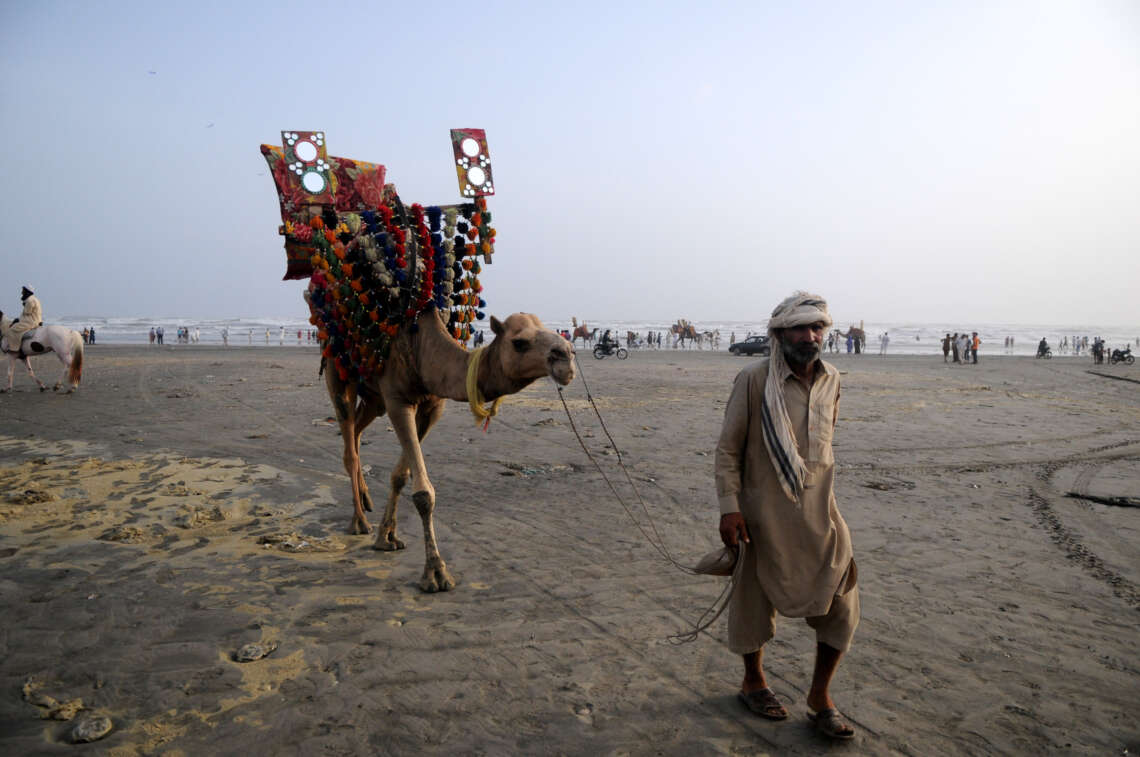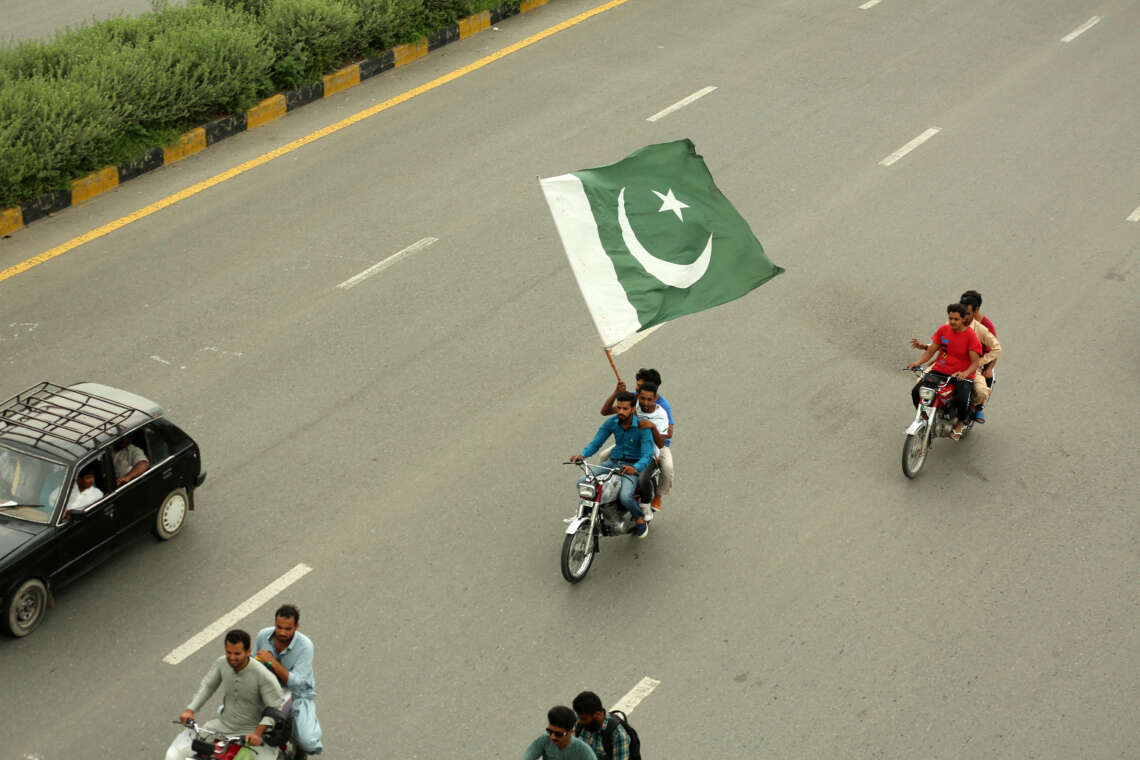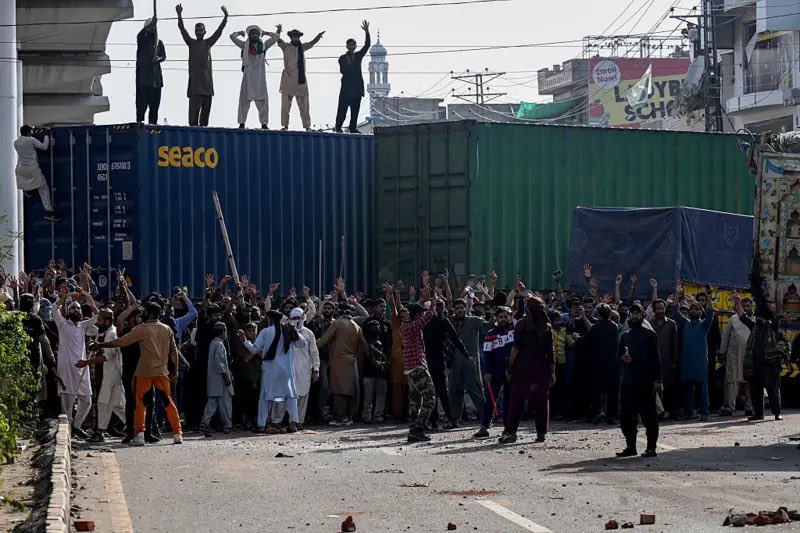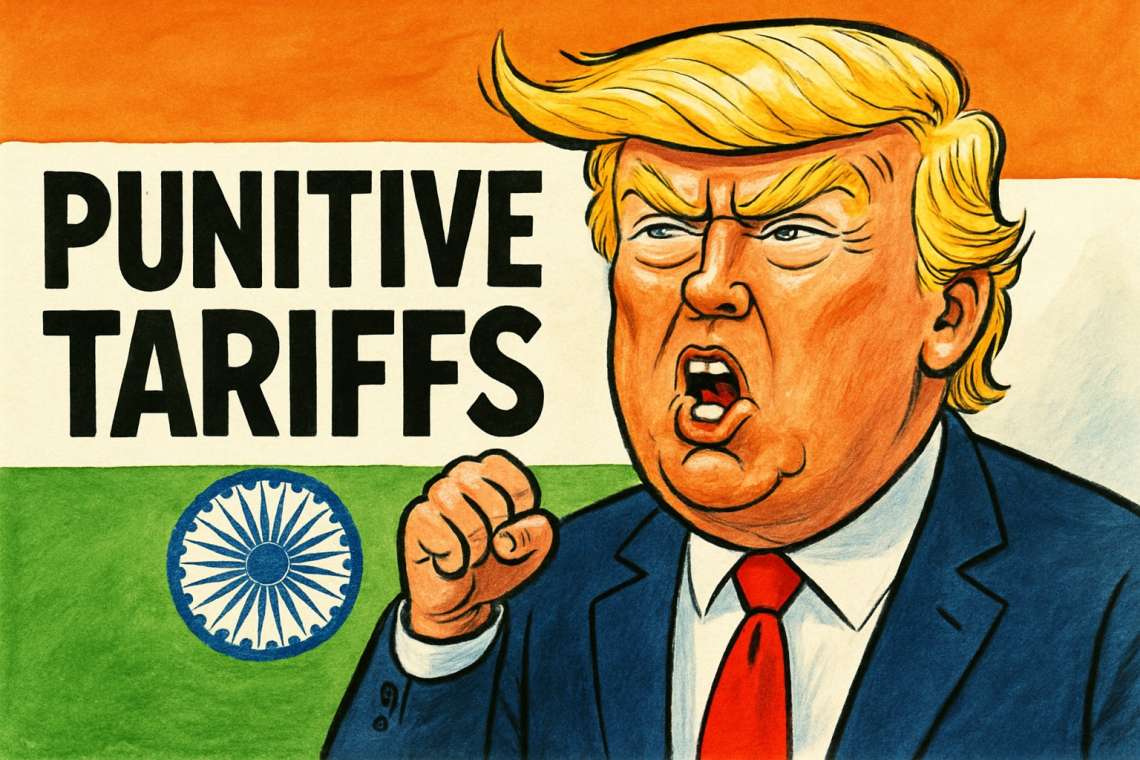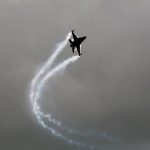Despite the crisis-ridden economy merely managing to survive on IMF loans, the military seems to be facing no constraints on its spending spree on weapons such as tanks and planes….reports Asian Lite News
Pakistan’s military generals are tightening their grip on the economy, funnelling resources into defence spending while poverty and unemployment spiral.
The budget for the current financial year saw a massive 20 per cent hike in defence expenditure despite a 7 per cent cut in the overall outlay under other heads such as education, healthcare and economic development projects to create more jobs.
Despite the crisis-ridden economy merely managing to survive on IMF loans, the military seems to be facing no constraints on its spending spree on weapons such as tanks and planes.
With Pakistan failing to meet three out of the five targets fixed by the IMF for the second review of the $7 billion bailout package, India’s stand has been vindicated, that Islamabad has been a prolonged borrower, with a very poor track record of implementation and adherence to the IMF’s programme conditions.
The Pakistan military’s deeply entrenched interference in economic affairs poses significant risks of policy slippages and reversal of reforms. Even when a civilian government is in power now, the Army continues to play an outsized role in domestic politics and extends its tentacles deep into the economy.
In fact, a 2021 UN report described military-linked businesses as the “largest conglomerate in Pakistan”.
The situation has not changed for the better; rather, the Pakistan Army now plays a leading role in the Special Investment Facilitation Council of Pakistan.
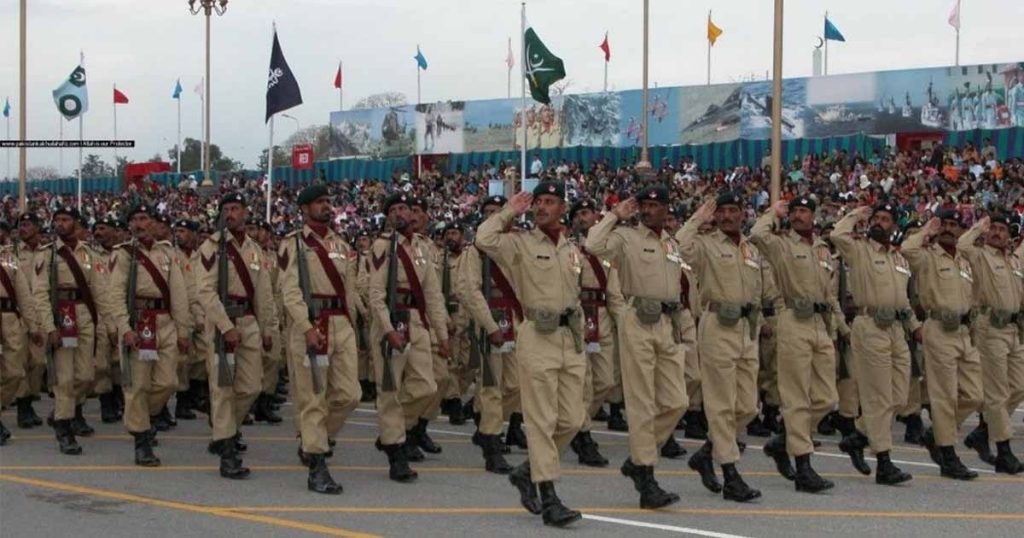
Pakistan stands at a critical juncture. The convergence of poverty, unemployment, demographic pressure and inequality reflects a deeply rooted crisis with far-reaching consequences for a country in which 44.7 per cent of the population lives below the poverty line, according to an article in Pakistan’s newspaper ‘Observer’.
Pakistan’s per capita income has stagnated and even declined in recent years, reflecting deepening economic challenges.
According to the Pakistan Bureau of Statistics, during the fiscal year 2022–2023, the country recorded an 11.38 per cent drop in per capita income, falling from $1,766 in 2022 to $1,568 in 2023. This decline coincided with a sharp contraction in the overall economy, which shrank by $33.4 billion, from $375 billion to $341.6 billion. The stagnation is largely attributed to persistent structural issues, including political instability, inflation, currency depreciation and weak industrial output, the article in the widely read English daily further states.
Compared to regional peers, Pakistan’s GDP per capita remains significantly lower – estimated at $6,950 in 2025. The economic disparity between urban and rural regions further entrenches inequality, the article pointed out.
According to the World Bank’s 2025 findings, nearly 44.7 per cent of the population lives below the poverty line, based on the revised threshold of $4.20 per person per day for lower-middle-income countries, a staggering figure that underscores the scale of deprivation.
Even more alarming is that 16.5 per cent of the population, around 39.8 million people, live in extreme poverty, earning less than $3 per day, a sharp rise from previous estimates of 4.9 per cent.


